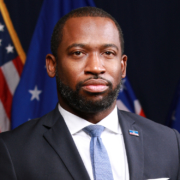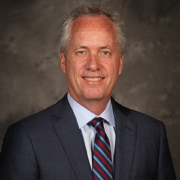Through grants to child care programs, bonuses to child care professionals, and other initiatives, the State of Michigan invested $1.4 billion to expand access to quality, affordable child care for more working families. A crucial portion of the funding to ensure the child care industry can recover from pandemic hardships has come from the American Rescue Plan.
The state approved nearly 6,000 applications for aid from child care centers programs, totaling more than $350 million. The average grant to a licensed child care center was more than $100,000.
Gov. Gretchen Whitmer and Lt. Gov. Garlin Gilchrist know that child care professionals need additional assistance too. The state is spending $30 million to provide bonuses of up to $1,000 to more than 38,000 child care workers.
Update
Michigan recently completed its second round of grant distribution. So far, the state has awarded over $370 million to more than 5,500 child care centers, group homes, and tribal centers. Additionally, 38,000 full- and part-time child care professionals have received up to $1,000 in bonuses. Lt. Gov. Gilchrist has also helped advance the “Caring for Mi Future” plan, which will invest $100 million to open 1,000 new child care programs by the end of 2024. The program is set to release its first round of grants at the end of the summer.
Building on the success of these program, Governor Whitmer announced as part of her Lowering MI Costs initiative, a new Pre-K For All program to ensure every 4-year-old in Michigan can free, public preschool education. Highlights of this new initiative include: $73 million to open additional slots to serve more kids; $103 million to help more families enroll with an outreach campaign, covering transportation, and providing year-round options; $50 million in start up grants for 2,000 new classrooms.














